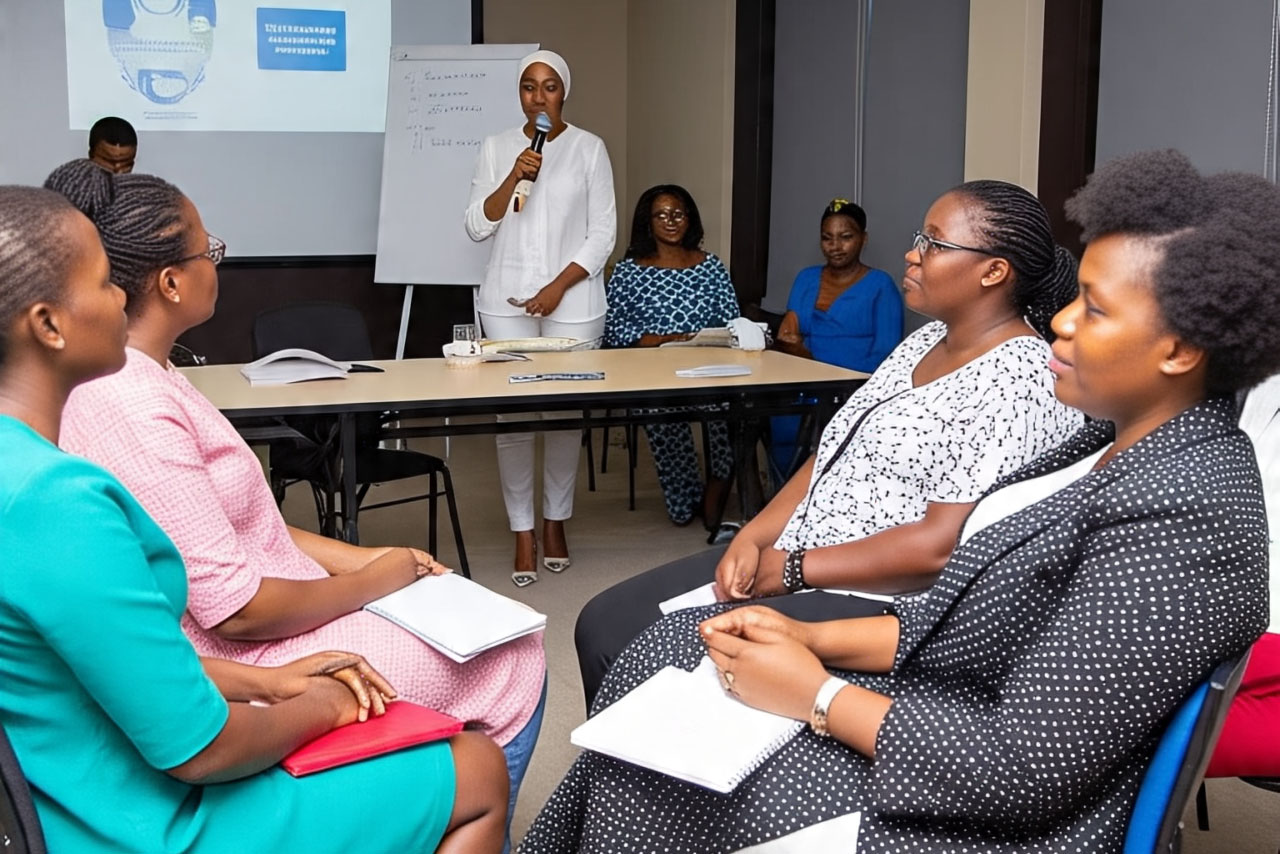
Across Africa, women are the heartbeat of local economies. From running small farms and market stalls to managing growing enterprises, their contributions are critical to community development and national progress. Yet, despite their potential, many African women entrepreneurs face formidable challenges—limited access to finance, education, mentorship, and markets. The time has come to ignite the power within African women by equipping them with the tools and knowledge they need for sustainable business success.
Entrepreneurship is more than just starting a business; it is a pathway to independence, influence, and innovation. For African women, it holds the key to breaking cycles of poverty and becoming agents of transformation in their homes and communities. However, systemic barriers such as gender inequality, cultural biases, and limited institutional support often hinder their growth. Tackling these challenges requires deliberate, structured interventions aimed at empowering women economically and socially.
One of the first steps in equipping women for entrepreneurial success is skills development. Many women have natural business acumen but lack the technical knowledge required to scale their ventures. Training programs focusing on financial literacy, digital marketing, business planning, product development, and customer service are essential. Equally important is nurturing a mindset of innovation, resilience, and adaptability—qualities needed to navigate the uncertainties of today’s markets.
Access to capital remains a major barrier. Women often lack collateral or credit history to secure loans from traditional banks. Innovative financing models such as microloans, women-focused investment funds, savings cooperatives, and mobile money platforms can help bridge this gap. Governments, NGOs, and private investors must work together to create financing opportunities tailored to the unique needs of women entrepreneurs.
Mentorship and networking also play a pivotal role in sustainable business growth. By connecting women with experienced business leaders and peers, they gain exposure, support, and guidance that can make the difference between failure and success. Female mentors serve not only as advisors but as role models who inspire confidence and ambition. Women-only business forums, pitch events, and trade fairs can further strengthen these connections and open doors to new opportunities.
In the age of digital transformation, technology must be embraced as a powerful equalizer. Training African women to use digital tools—e-commerce platforms, mobile banking, social media marketing, and online marketplaces—can significantly expand their reach and efficiency. Technology also enables access to global markets, creating new revenue streams and partnerships beyond their local environments.
Finally, empowering African women in business requires policy support and societal change. Laws must protect their rights to own property, access finance, and work freely. Social attitudes that limit women’s roles must be challenged through education and advocacy. When women succeed in business, entire communities benefit—through increased employment, better education for children, and improved health outcomes.
In conclusion, the journey toward sustainable business success for African women begins by recognizing and investing in their potential. By providing the right training, resources, networks, and support systems, we not only ignite the power within them—we empower a continent.


